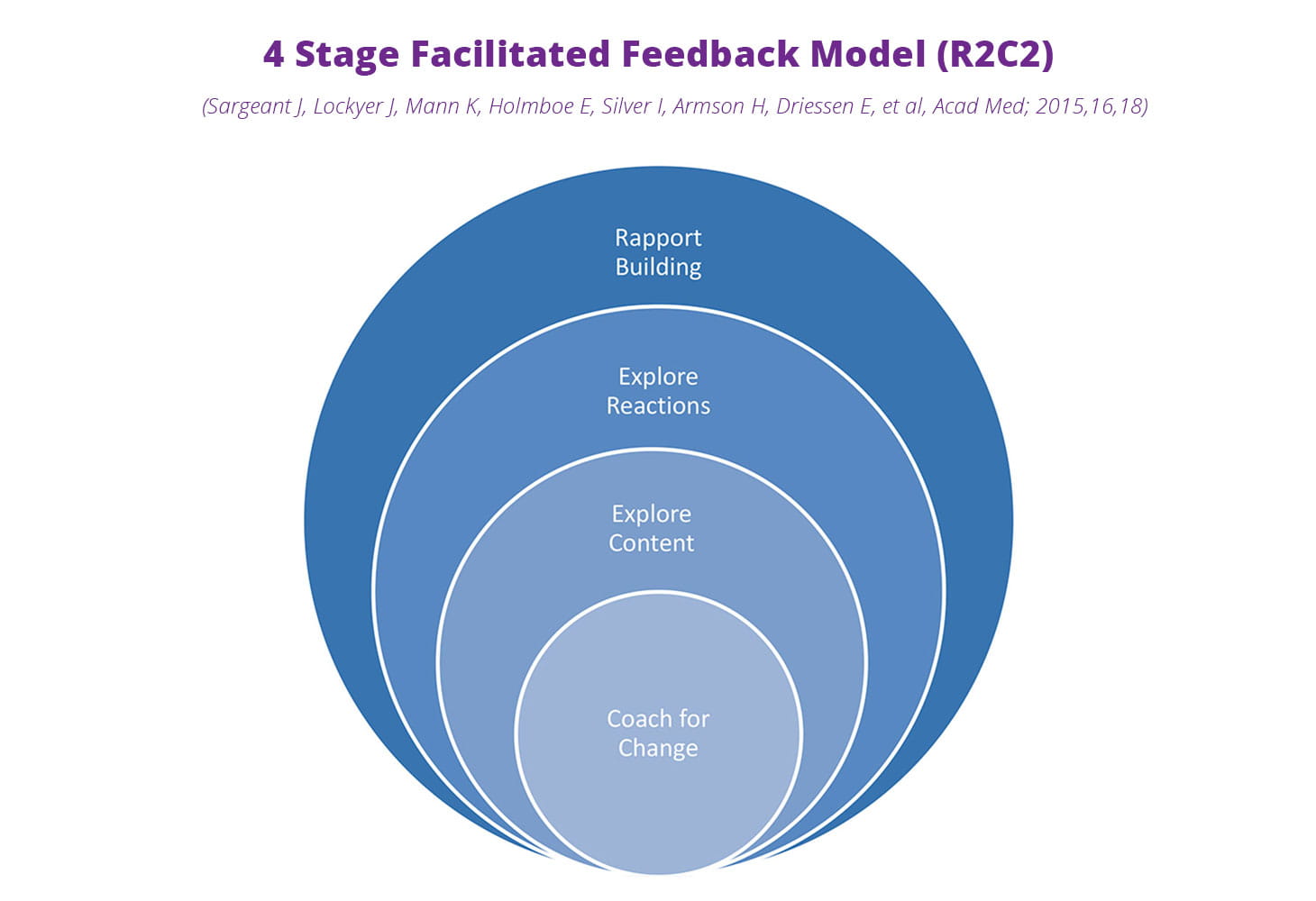As part of our Innovation in Teaching Awards breakfast last month, outgoing VP of Education, Dr. Ivan Silver spoke on this year's topic: mentorship. Throughout his career, Ivan has been both mentee and mentor and highlighted the benefits of this relationship on both parties involved. He shares with us here his Top 10 list of mentoring lessons learned.
10 Lessons About Effective Mentorship
1. BE YOURSELF
This seems so obvious but it took me many years to realize how important it is to be yourself. Early in my career, I spent some time trying to emulate an idealized version of myself that I wanted to role model. I was not being authentic. As my own professional identity developed and I gained confidence as an expert in some aspects of education, it became easier to be more myself—slightly eccentric, playful, energized, and excited about new ideas the mentee raised. Simply put, this was fun, andI became much more interested in seeing the success of my mentees than furthering my own career.
2. SET GOALS
Work with your mentee to set goals. Then check back on how they are doing and whether these are the same goals six months in.
3. LET THE MENTEE LEAD
Supporting your mentee to take the lead not only empowers them, but opens your eyes to new methods and models.
4. IDENTIFY THE GAPS
Strategize with your mentee on how to address gaps and determine solutions.
5. FOSTER NETWORKS
It is important for your mentee to connect with both formal and informal networks in order to develop their career fully and to spot opportunities. As a mentor you can help build your mentee’s professional, educational and social networks.
6. GIVE FEEDBACK
Giving concrete and focused feedback can facilitate behavioural change. You can use an evidence-based approach like the 4-Stage Facilitated Feedback Model (R2C2).
7. RECOGNIZE IMPOSTER SYNDROME
Imposter syndrome is a psychological pattern in which people doubt their accomplishments and have a persistent, often internalized fear of being exposed as a "fraud." This is very common when starting new job or when considering applying for promotion or a new role. The opportunity to discuss this is often missed—self-disclosure helps too.
8. ENGAGE IN LIFELONG LEARNING
I have learned a lot from my mentees, including the excitement of moving forward. There is opportunity for both mentor and mentee to learn from each other, and to learn about learning.
9. EMBRACE INTERPROFESSIONALITY, GENDER EQUALITY AND DIVERSITY
Recently, we have seen a tumultuous shift in awareness and action toward addressing longstanding sexual harassment and gender discrimination in the workplace, and the emergence of the #MeToo and #TimesUp movements. At the same time, we are hearing from male mentors in the health care system who are more reluctant to mentor women for fear of potential accusations of sexual harassment. These are sensitive times in which we live. We must strive to continue to provide younger female colleagues the same opportunities in a mentorship relationship as their peers, and continue to embrace the principles of gender and cultural equity and equality.
10. MENTORSHIP HAS NO END DATE
Be prepared to keep the door open to further contact even after the mentorship relationship has ended. You can continue to support and learn from each other throughout your careers.
Remember:
It is joyous and a privilege to be a mentor.
It feels good to give something back.
It is thrilling to see a mentee succeed.
Want more education info, innovation and stories? Follow CAMH Education on Twitter: @camhEdu

